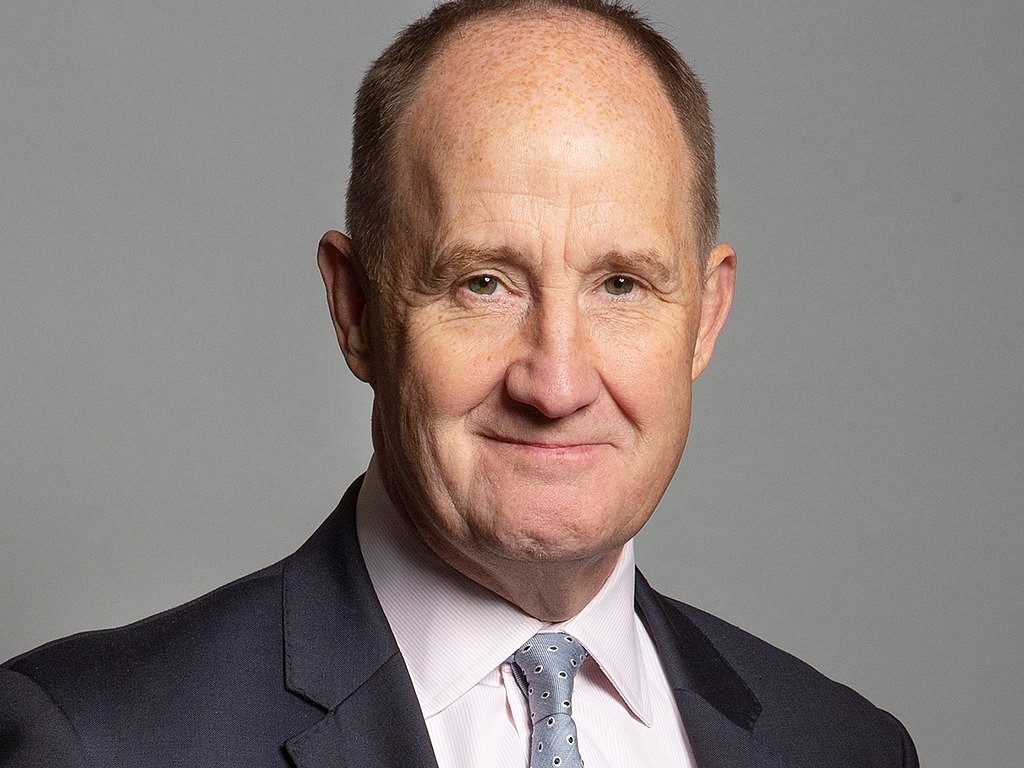Conservative MP Kevin Hollinrake has reiterated his call for the abolition of business rates ahead of next month’s Budget on March 3.
Business rates, he said, are “anachronistic” and should be replaced instead by a 3 per cent increase in VAT that all businesses would pay.
This 3 per cent increase in VAT to 23 per cent would affect all businesses, not just retailers, and the £30bn raised each year would cancel out the scrapping of business rates.
>See also: Just when you thought it couldn’t get worse, business rates return in April
Currently, the Treasury appears to be leaning towards a 2 per cent online sales tax to be announced in the autumn statement.
But Mr Hollinrake points out that most businesses now have a mixed model of physical and online sales, and calculating which sales were digital would be complex.
Mr Hollinrake presented his bill calling for the abolition of business rates last month in the House of Commons. So far, there has been no Treasury response. But his conversations with retailers such as Tesco, B&Q and Screwfix have been positive, as has the response from the ACS, which represents convenience stores.
>See also: Chancellor Rishi Sunak may scrap business rates in favour of a land tax
Mr Hollinrake described business rates as “designed for a bygone era a long time ago, when business went hand in hand with high street premises. Covid has quickly made that time seem even more distant”.
Getting rid of business rates would, at the same time “completely dispense with the convoluted business rate system, including revaluations, check, challenge, appeal, annual bills and debt collection”.
It would also, he said, “liberate” the thousands of people employed by the Valuation Office Agency needed for the convoluted system of revaluations, checks, challenges, appeals and debt collection.
Online sales, he said, now account for 33 per cent of all retail sales, up from 20 per cent only a year ago.
Critics argue that increasing VAT to 23 per cent would hit the poor hardest and would just pass on what was paid in business rates on to the consumer. But Hollinrake argues that customers already indirectly pay for business rates, as operating costs are hidden inside prices paid for things.
In fact, Mr Hollinrake reckons that prices would remain unchanged as retailers would no longer be paying business rates, despite the 3 per cent hike in VAT.
Mr Hollinrake said: “Consumers pay all taxes, that’s the reality. In a competitive market, prices are driven down by competition down to the cost of capital and the cost of operation. That’s built into what a business can operate at in order to stay afloat. An online sales tax would still be ultimately be paid for by the consumer – there’s no difference. You’re just swapping one tax for another.”
Mr Hollinrake points out that when the government introduced a 2 per cent digital sales tax last August, Amazon simply passed the cost on small businesses selling through its platform.
Politically though a 3 per cent hike in VAT may be a difficult argument to run as the government explicitly pledged no increase in VAT rates in its manifesto.
Mr Hollinrake is not the only high-profile figure calling for business rates reform.
Last month Theo Paphitis, star of TV’s Dragon’s Den and owner of Ryman stationers, said he was “praying” that Rishi Sunak was listening about reform of business rates, which he called “the unfairest tax since the fifth century”.





